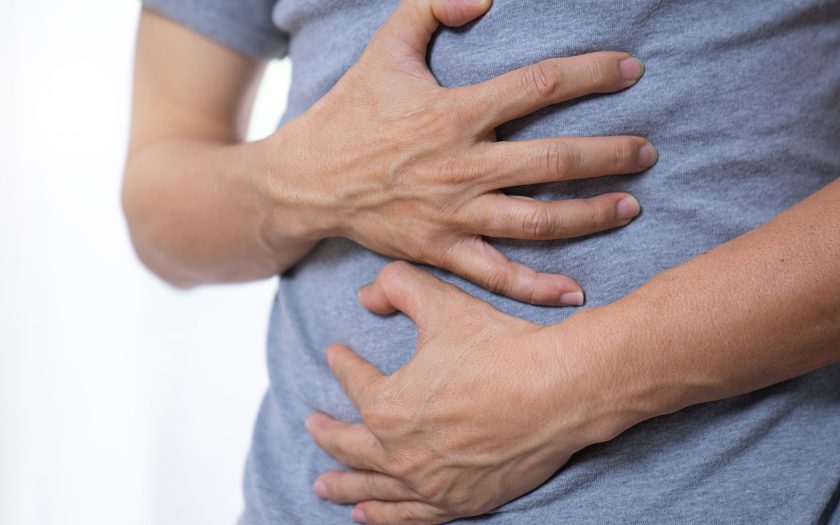Nutrition is the main factor affecting the course of gastrointestinal tract pathology. Therapeutic nutrition is a diet in which it is allowed to eat certain foods without reducing their total calorie content. That is, the opinion that therapeutic diets are the consumption of only low-calorie food (soups, boiled meat, steamed vegetables, etc.) is incorrect, because they are prescribed by doctors not only for weight loss, but also for the normalization of body functions, including digestion. Moreover, such a diet is a therapeutic measure aimed at limiting the eating of those foods that worsen the patient’s condition (fried food, spices, fatty meat), and increasing the amount of healthy food.
In medical practice, 15 main types of diets are used, on the basis of which an individual diet is formed for the patient. However, such diets cannot be followed all the time; the patient is forced to follow such a diet only during the period of treatment in the hospital. Therefore, it is important to consider some of the most important principles of therapeutic nutrition for gastritis and GERD.
Creating a meal plan
You should create a meal plan based on medical recommendations. A person with pathology of the gastrointestinal tract should have such a diet that would allow limiting the consumption of certain foods. With gastritis and GERD, these are meat and fish broths, mushroom and vegetable broths, fried meat, poultry or fish, as well as very salty dishes, smoked or dried meat, fish, fresh vegetables and fruits. Also, with these diseases, strengthening of general health is needed, including for young people, for whom a therapeutic diet is not recommended after recovery or during remission. But in order to improve their overall health, they must follow a healthy diet. In general, a person who has gastritis or GERD needs to do the following:
- Contact a nutritionist to figure out how many calories you should be eating per day.
- Increase the amount of plant foods in the diet, starting with fresh green vegetables and fruits.
- It is important to limit the amount of animal fat in the diet, replacing it with vegetable oil, nuts, and seeds.
- There should be at least 3-4 meals a day.
- It is important to avoid overeating, which leads to functional intestinal disorders, obesity, and this, in turn, contributes to the deterioration of the patient’s condition with GERD and gastritis.
The above principles should be rationally followed not only by patients with gastrointestinal tract problems, but also by healthy people. Nutrition directly affects the health of the body, and therefore can help reduce the likelihood of developing a systemic disease that will require you to see a doctor. A typical example is essential arterial hypertension, which develops under the influence of a number of provoking factors. One of the most significant provoking factors of this disease is excess weight, which is gained (if there are no hormonal disorders) most often when dietary recommendations are not followed.
Therefore, by following a therapeutic diet, a healthy diet for the treatment of gastritis and GERD, you can not only be cured of these diseases (of course, in combination with medications such as Nexium, Nexpro), but also reduce the risk of developing hypertension and other diseases!

